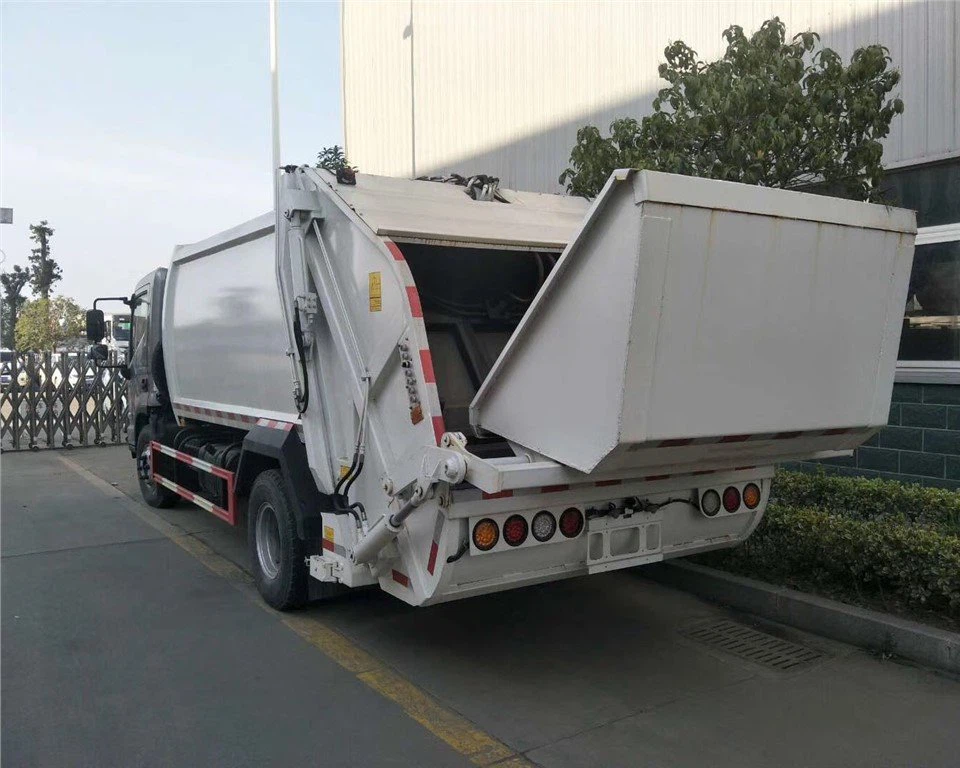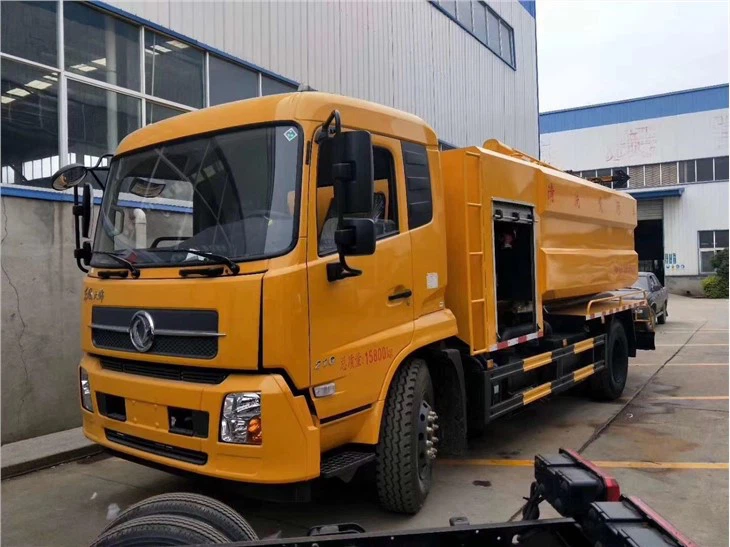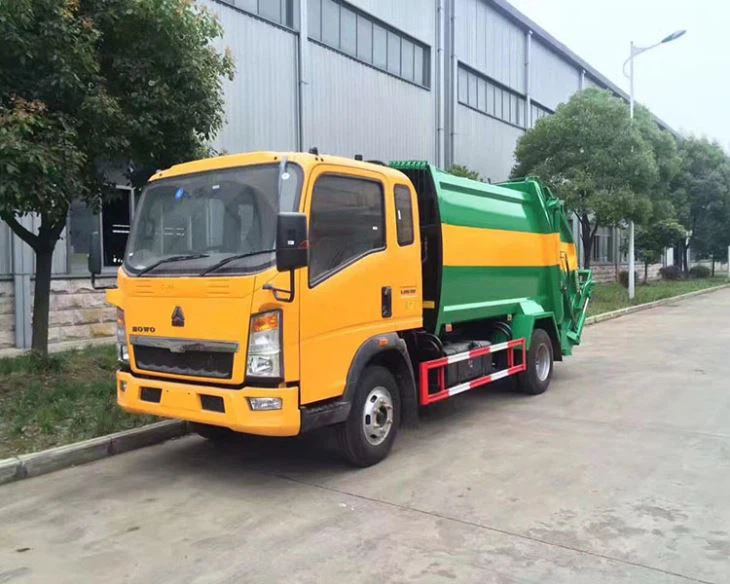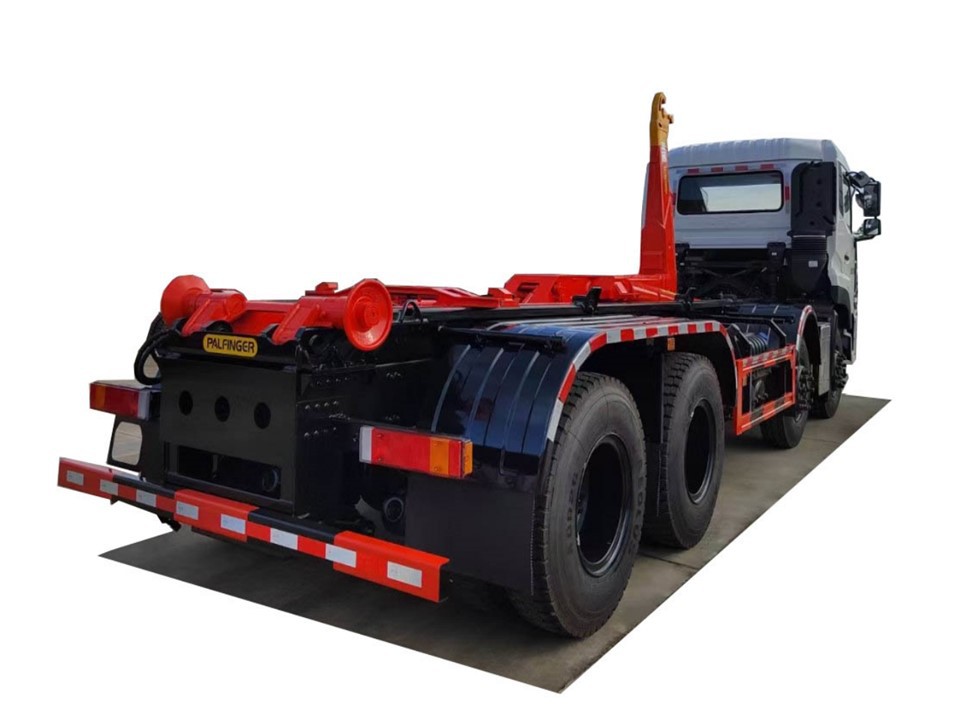Understanding Waste Management Trucks: An In-Depth Guide

Waste management trucks play a critical role in keeping our cities clean and healthy. By understanding how these vehicles operate, their types, and how they can be optimized for efficiency, we can better appreciate their contribution to public health and environmental sustainability. This article delves into the mechanics, benefits, types, and technologies associated with waste management trucks.
What is a Waste Management Truck?
Waste management trucks are specialized vehicles designed for collecting, transporting, and disposing of waste. They come in various designs, tailored to handle different types of waste, from household garbage to construction debris. The primary objective is to efficiently and hygienically move waste from collection points to disposal sites.
The Importance of Waste Management Trucks
Waste management trucks are vital for several reasons including:
- Health and Safety: They help mitigate health risks associated with unmanaged waste.
- Environmental Protection: Efficient waste disposal minimizes pollution.
- Resource Recovery: Many trucks are equipped for recycling, promoting sustainability.
Types of Waste Management Trucks
1. Front Loading Trucks
Front loading trucks have a large bin at the front for easy access. They are typically used in commercial waste removal. Their design allows them to lift dumpsters easily, providing quick service.
2. Rear Loading Trucks
Rear loading trucks feature a large opening at the back, catering to residential waste collection. They allow workers to toss waste into the truck, which is generally more efficient for neighborhoods with single-family homes.
3. Side Loading Trucks
Side loading trucks streamline the waste collection process by allowing automated arms to lift bins. This minimizes the need for workers to physically collect waste, leading to improved safety and efficiency.
4. Roll-off Trucks
Commonly used for construction sites, roll-off trucks transport large containers or dumpsters for extensive waste removal projects. They can handle large volumes and various waste types efficiently.
5. Vacuum Trucks
These trucks use suction to collect liquid waste and are often used for hazardous materials and sewage. Their specialized design ensures safe and efficient waste removal.
Essential Features of Waste Management Trucks

Key features that enhance the efficiency and functionality of waste management trucks include:
1. Compression Mechanisms

Most waste management trucks are equipped with compactors that compress waste, maximizing space and reducing the number of trips required.
2. GPS Tracking System
Modern trucks often feature GPS systems that improve route optimization, leading to more efficient collection processes and cost savings.
3. Safety Innovations
Features such as rear-view cameras and side sensors help ensure the safety of workers and pedestrians during operations.
Tips for Choosing the Right Waste Management Truck
When selecting a waste management truck, consider the following factors to ensure you choose the most suitable options:
- Waste Type: Assess the kind of waste you will be collecting—residential, commercial, or industrial—to determine the suitable truck type.
- Volume of Waste: Understand your average waste volume to choose a truck with adequate capacity.
- Budget: Consider both the initial investment and operating costs, including maintenance and fuel efficiency.
- Technology: Opt for trucks equipped with the latest technology for improved efficiency and safety.
Technological Advancements in Waste Management Trucks
Technological advancements have significantly impacted the effectiveness and efficiency of waste management trucks. Some notable technologies include:
1. Automated Collection Systems
Utilizing robotic technology, these systems decrease labor costs and increase safety by minimizing worker exposure to hazardous environments.
2. Hybrid and Electric Trucks
With growing environmental concerns, there’s a shift towards hybrid and fully electric waste management trucks, reducing carbon footprints and operational costs.

3. Smart Waste Management Systems
Smart technology allows for real-time monitoring of waste levels, enabling efficient route planning and resource allocation.
The Environmental Impact of Waste Management Trucks
Though waste management trucks are essential for public health, their operation has environmental implications. Here are ways the industry is addressing these impacts:
1. Emission Reduction
Many municipalities are transitioning to cleaner technologies, such as electric trucks, which produce fewer emissions compared to diesel-powered vehicles.
2. Recycling Initiatives
Integrated recycling programs in waste management trucks promote waste separation at the source, which is crucial for reducing landfill contributions.
Challenges Facing the Waste Management Truck Industry
The waste management truck industry faces several challenges, including:
1. Rising Costs
Fluctuating fuel prices and maintenance costs can strain budgets for waste management companies.
2. Regulatory Compliance
Compliance with environmental regulations can require substantial investment in technology and training programs.
3. Workforce Shortages
Many companies struggle to recruit and retain qualified drivers and technicians, which impacts service delivery.
Future Trends in Waste Management Trucks
As innovation continues, here are trends shaping the future of waste management trucks:
1. Increased Automation
Future waste management trucks will likely feature more automated functions, including collection and sorting processes.
2. Enhanced Data Analytics
Data analytics can improve decision-making regarding routes, fuel usage, and maintenance schedules, leading to lower costs and better performance.
3. Collaboration with AI Technologies
Artificial intelligence will likely play a key role in optimizing operations and making waste management systems smarter and more responsive.
FAQs about Waste Management Trucks
1. How often should waste management trucks collect waste?
The frequency of waste collection varies by location, type of waste, and local regulations. Typically, residential collections occur weekly, while commercial bins may require more frequent pickups.
2. What types of waste can be collected by waste management trucks?
Waste management trucks can collect a mix of general waste, recyclables, organic waste, and construction debris, depending on their design and local regulations.
3. Are there eco-friendly options for waste management trucks?
Yes! Many municipalities are exploring hybrid and electric trucks designed to reduce environmental impact while operating efficiently.
4. What is the average lifespan of a waste management truck?
On average, waste management trucks last between 10 to 15 years, depending on usage, maintenance, and operating conditions.
5. How do waste management trucks impact local communities?
These trucks promote public health and safety by ensuring proper waste disposal, reducing litter, and preventing disease outbreaks linked to unmanaged waste.
6. Can waste management trucks be used for recycling?
Yes! Many waste management trucks are designed to separate recyclables from general waste and transport them to recycling facilities.
| Truck Type | Best Use | Key Features |
|---|---|---|
| Front Loading | Commercial waste collection | Large bin, easy access |
| Rear Loading | Residential waste collection | Large rear opening, manual collection |
| Side Loading | Automated residential collection | Automated arms, reduced labor |
| Roll-off | Construction waste | Large container, high capacity |
| Vacuum | Liquid and hazardous waste | Suction technology |
